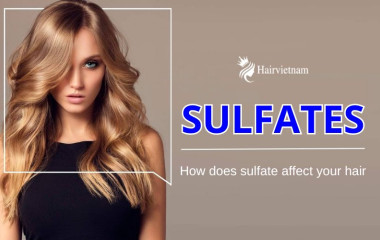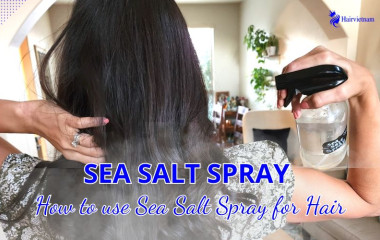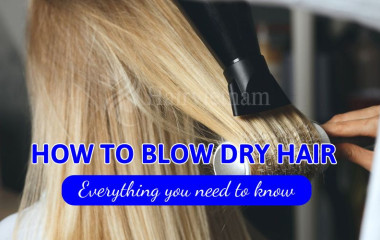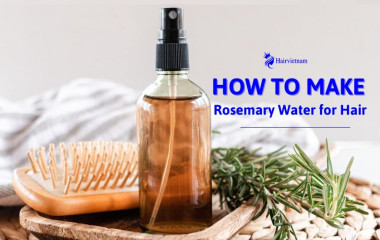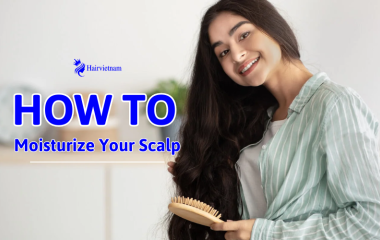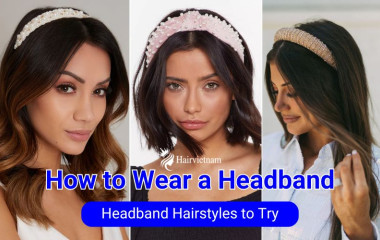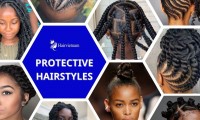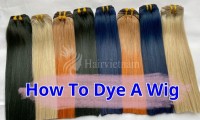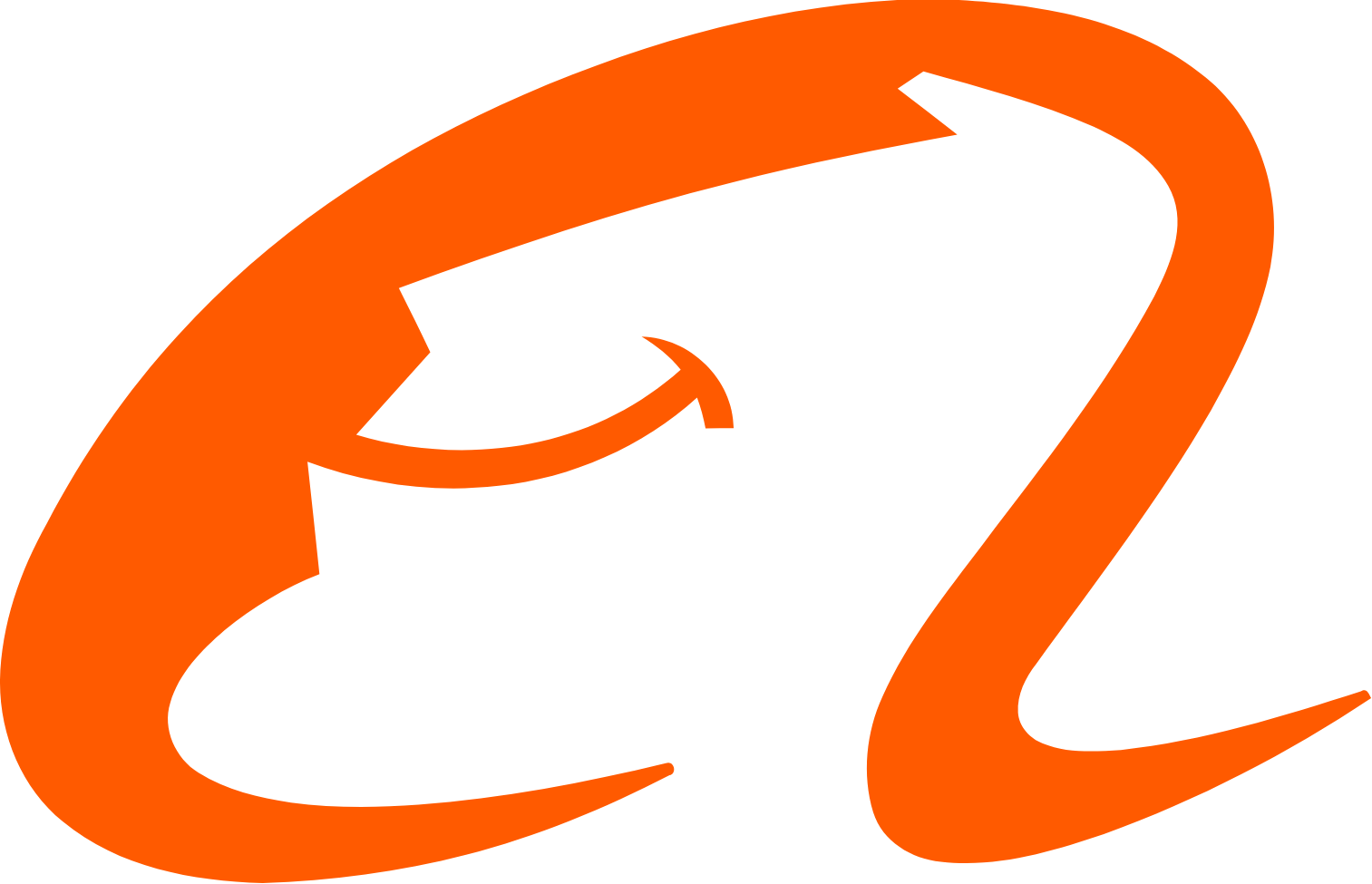How Often Should You Wash Your Hair for a Healthy Scalp?
29/12/2023
Content
Infrequent hair washing can lead to various issues like greasiness, oily scalp, dryness, and flakiness. Even washing your hair too frequently can have negative effects on both your hair and scalp. So, how often should you wash your hair? Let's explore.
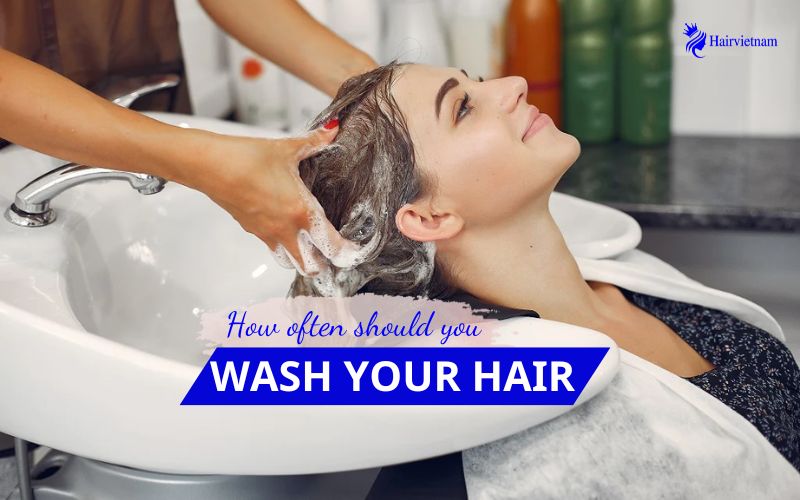
How Often Should You Wash Your Hair?
For those with straight and finer hair, it may be necessary to wash more frequently compared to those with coarse or curly hair. The decision on how often to wash should also take into account the condition of your scalp and hair. If you experience flakiness, itchiness, oily strands with an unpleasant odor, or a buildup of styling products, a more careful evaluation is needed when deciding how often to shampoo.
In cases where signs of oiliness, a flaky scalp, and accumulated dirt are noticeable, these are indications that immediate hair washing is necessary, even if it means washing more often than the general recommendation.
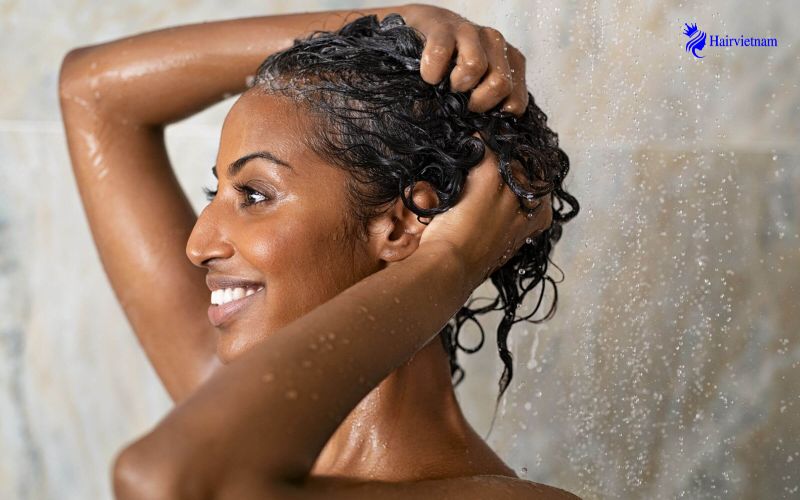
How often should you wash your African American hair?
It's important to pay attention to the condition of your hair and scalp. If you notice signs of oiliness, flakiness, or product buildup, you may need to adjust the frequency of your hair washing routine. Additionally, using sulfate-free hair products and choosing oils that preserve the natural oils on the hair can contribute to maintaining a healthy and vibrant appearance.
Insufficient hair washing can create an environment conducive to the development of a small parasite called demodex, which feeds on oils and the epithelial cells within the hair follicles. This parasite has the potential to cause skin problems, including inflammation, redness, and skin conditions.
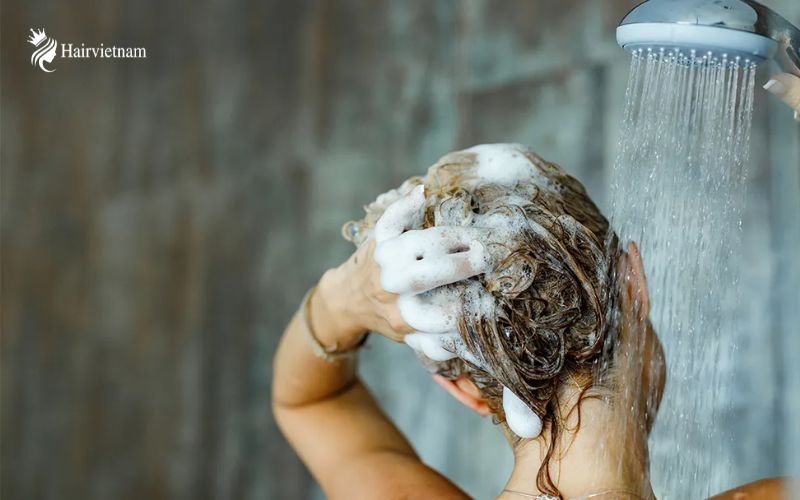
How to Wash Hair Properly?
If you're experiencing hair issues or scalp flakiness, proper hair washing becomes even more crucial. Always handle your hair with care to maintain its optimal condition. It's advisable to minimize the use of heat styling and hair dye to protect your natural hair. If you desire frequent changes in your hairstyle, consider exploring a variety of hair extensions in different styles and colors.
1. How Often Should You Wash Your Hair?
Dermatologists typically suggest washing your hair 2-3 times per week. However, determining the ideal frequency for "How Often Should You Wash Your Hair?" requires a thoughtful consideration of your specific hair type.
How Often Should You Wash Your Hair?
For those with straight and finer hair, it may be necessary to wash more frequently compared to those with coarse or curly hair. The decision on how often to wash should also take into account the condition of your scalp and hair. If you experience flakiness, itchiness, oily strands with an unpleasant odor, or a buildup of styling products, a more careful evaluation is needed when deciding how often to shampoo.
In cases where signs of oiliness, a flaky scalp, and accumulated dirt are noticeable, these are indications that immediate hair washing is necessary, even if it means washing more often than the general recommendation.
2. How often should you wash your African American hair?
African American women often have thin, fragile hair prone to breakage and shedding. However, they are adept at caring for their hair. For the hair of African American women, washing once every 7-10 days is generally sufficient. If you lead a more active lifestyle, you may consider washing every 4-5 days.
How often should you wash your African American hair?
It's important to pay attention to the condition of your hair and scalp. If you notice signs of oiliness, flakiness, or product buildup, you may need to adjust the frequency of your hair washing routine. Additionally, using sulfate-free hair products and choosing oils that preserve the natural oils on the hair can contribute to maintaining a healthy and vibrant appearance.
3. What occurs when you don't wash your hair regularly?
Not washing your hair frequently enough can have adverse effects on both your scalp and hair. Extended periods between washes may result in a dry, flaky scalp, leading to itchiness and discomfort. Additionally, this can impact the growth and overall health of your hair.Insufficient hair washing can create an environment conducive to the development of a small parasite called demodex, which feeds on oils and the epithelial cells within the hair follicles. This parasite has the potential to cause skin problems, including inflammation, redness, and skin conditions.
Learn More: What Are the Benefits of Hair Brushing?
4. The Effects of Excessive Hair Washing
Washing your hair too frequently can disrupt the natural balance by depleting essential bacterial flora that contributes to a healthy scalp. The ingredients in shampoo can impact the integrity of the hair, leading to dryness and increased susceptibility to breakage.5. How to Wash Hair Properly?
Properly washing your hair is key to keeping it healthy and your scalp well-protected. Here's a natural approach to effective hair washing:
How to Wash Hair Properly?
- Pre-Wet Your Hair: Begin by soaking your hair in warm water before shampooing to remove dirt and accumulated residues. Wet hair also facilitates the lathering of shampoo. Using warm water helps open the cuticle layer.
- Begin Shampooing from the Roots: Apply a suitable amount of shampoo to your roots. Adjust the quantity based on your hair volume. Gently massage the shampoo into your scalp, working your way down to the tips.
- Gentle Scalp Massage: Massage your scalp gently to get rid of dead skin cells, dirt, and excess oil. If it has been a while since your last wash and there is a buildup of dirt and oil, the shampoo may not lather well. In such cases, it's advisable to shampoo again.
- Apply conditioner: Rinse out the shampoo completely, squeezing out excess water to prepare for conditioner application. Focus on applying the conditioner to the ends of your hair, leaving it on for 5-10 minutes to eliminate residues. You can run your fingers through the length of your hair to distribute the conditioner evenly and detangle.
- Final Cold Water Rinse: Finish with a cold water rinse to seal the cuticle, preserving nutrients, and leaving your hair shiny and smooth.
6. Hair Washing Tips for Healthy Scalp
Choose the right shampoo: Choose shampoos that are free from harmful chemicals like sulfates, PEG, etc. It's better to go for natural options, such as tea tree oil, lavender, rosemary, or coconut oil-based shampoos. These help maintain the balance and integrity of your scalp.- Wash twice: The first wash should focus on removing oil and dandruff from the hair. The second wash helps eliminate any remaining impurities.
- Conditioner Selection: Choose a conditioner that suits your hair type, applying it only to the tips of your hair. Avoid direct application to the scalp.
- Gently wash your hair: Wash your hair gently, and consider using a conditioner to promote a healthy scalp, protecting the overall integrity of your hair.
Learn More: Winter Hair Care for Dandruff
If you're experiencing hair issues or scalp flakiness, proper hair washing becomes even more crucial. Always handle your hair with care to maintain its optimal condition. It's advisable to minimize the use of heat styling and hair dye to protect your natural hair. If you desire frequent changes in your hairstyle, consider exploring a variety of hair extensions in different styles and colors.





